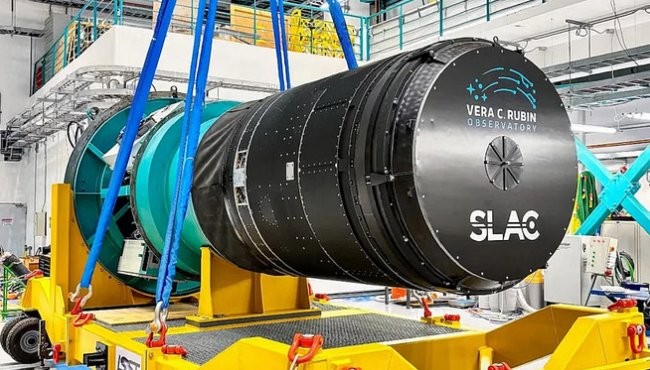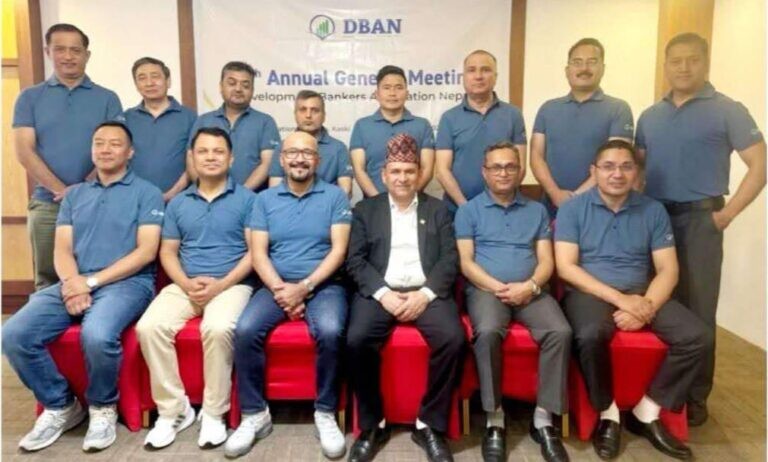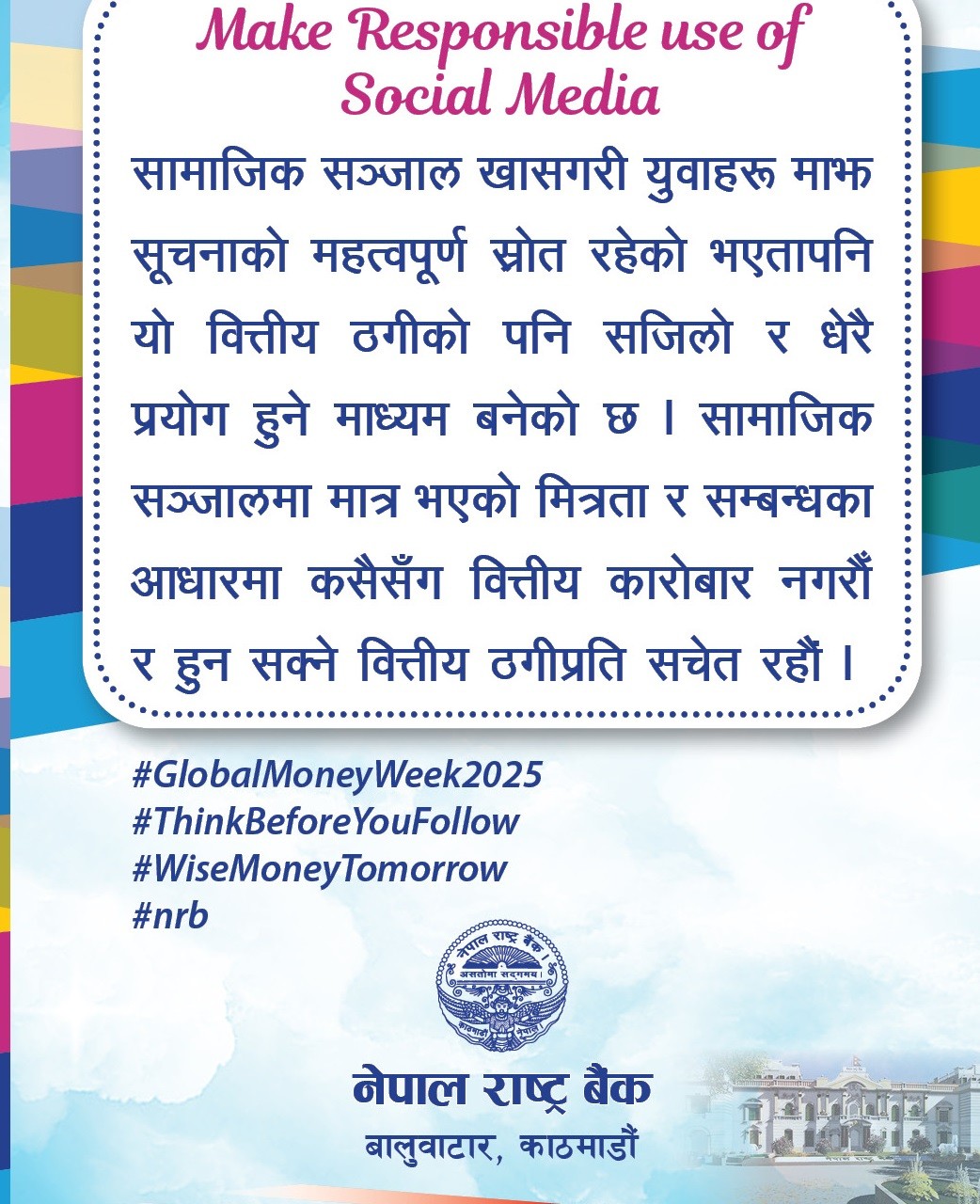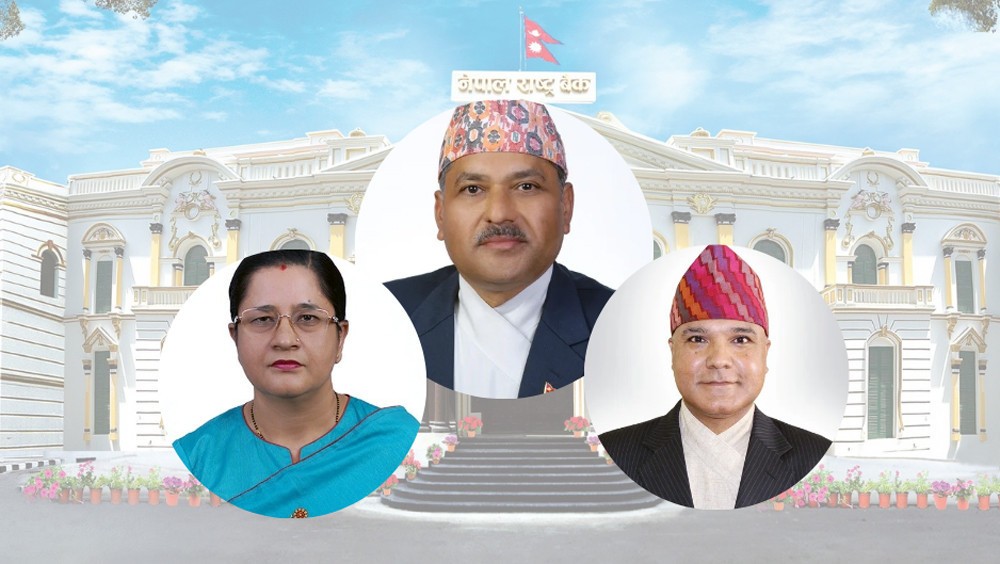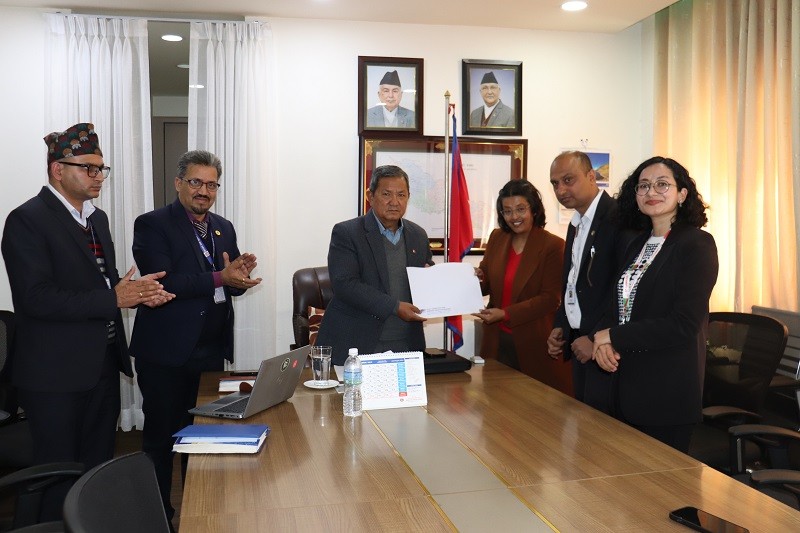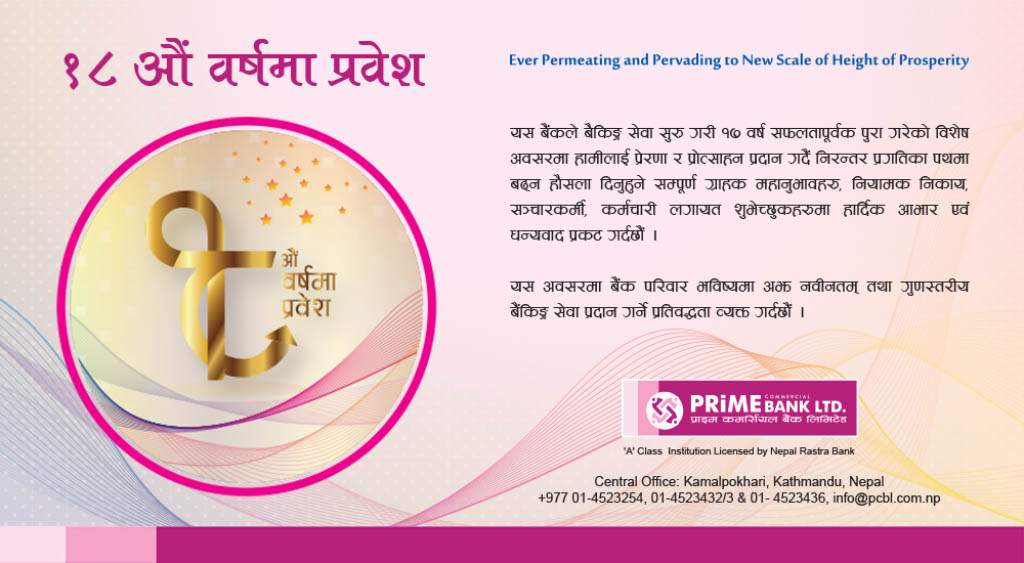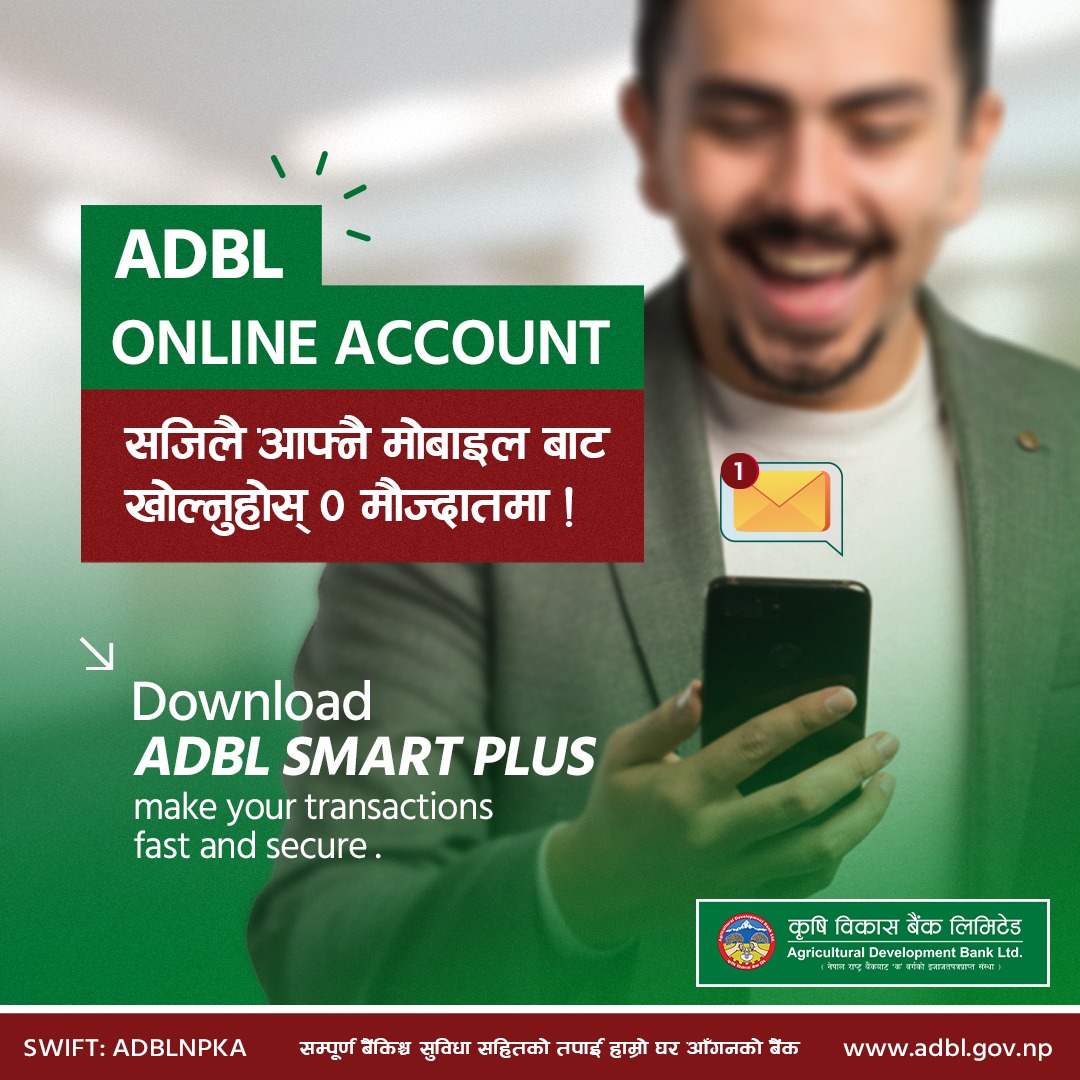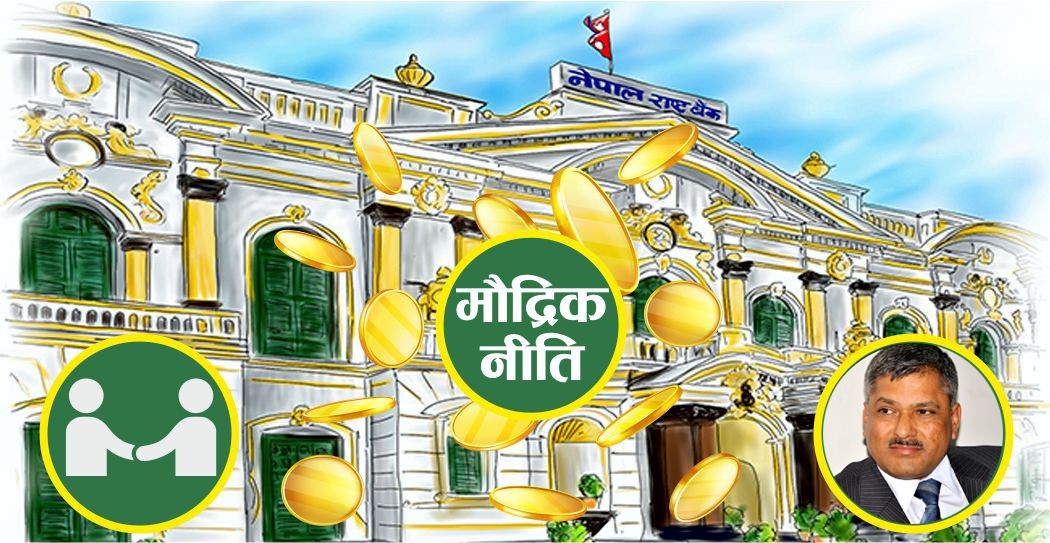
- Bharat Raj Upreti
Nepal Rastra Bank (NRB) has taken a loose policy on foreign exchange rate by changing the current system related to foreign exchange rate. The National Bank of India has revised the Integrated Circular 2080 and issued directives to increase the foreign exchange rate limit in various areas. A loose foreign exchange policy has been taken after the National Bank has sufficient foreign exchange reserves.
The National Bank has amended the Integrated Circular 2080 and provided for submission of 'original document' within 60 days on the basis of 'copy document' for importing goods. Earlier, there was a provision that the 'original document' should be submitted within 45 days. Goods should be imported within 120 days i.e. 4 months after the same facility is provided. Earlier, there was a provision to bring goods within 90 days i.e. 3 months.
In the event that airplane, telecommunication and medical equipment parts have to be procured from abroad immediately and if the seller lends them, such goods up to the maximum value of US$ 100,000 can be imported through the international airport customs checkpoint. Previously, there was a provision that such goods with a maximum value of 10,000 US dollars could be imported through the customs checkpoint of the international airport.
In connection with the import or export of goods, a copy of the shipping document issued for import-export and the number of the shipping document issued by the relevant agency for the demurrage and detention fee payable to the port authority, shipping-container service provider or related agencies It has been arranged that the same can be provided on the basis of the existing bill.
Similarly, Nepali citizens going for foreign employment will get a maximum of 500 dollars in the case of going to Japan, South Korea, Europe, America, Canada and Australia when they are provided with the same facilities for their passports. Similarly, there is an arrangement to get the same facility up to 200 dollars when going to other countries.
Students going to study in Australia will also get the same facility of 500 dollars. There was already an arrangement for other countries. In the hotels, the customer has only 300 dollars as a companion facility, but it has been increased to 1000 dollars.
Similarly, the limit of foreign currency exchange for medical treatment abroad and purchase of medical equipment has been increased from 10,000 to 15,000. A facility of up to 25,000 dollars has been established for the payment of fees including affiliation, examination and other fees to educational institutions opened in Nepal in connection with foreign universities. Previously, banks and financial institutions could provide only 12,000 dollars to such institutions.

